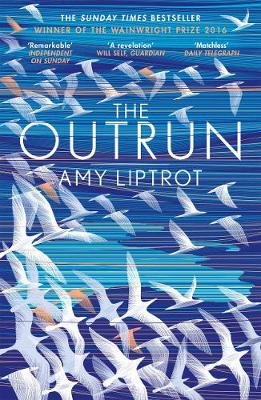
My book group chose Amy Liptrot’s The Outrun (Canongate) to read for May. It’s an account of the author’s return from London to her native Orkney after ten years of struggling with alcoholism. I’ve heard of praise for The Outrun in the years since it was published, and was glad to have an excuse to read it. Overall, I enjoyed it: in particular, I felt that Liptrot struck a fine balance between life before and after the return to Orkney (her recovery is ongoing throughout the book). It combines aspects of nature writing and memoir of illness into a work very much its own.
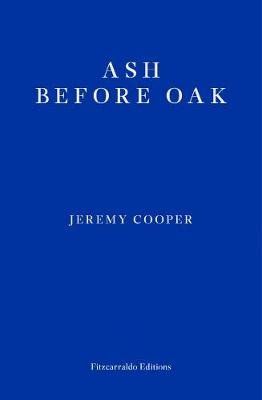
At this time, I was in the middle of three books for review elsewhere; I felt the need for something else, to decompress. I’d been interested in Ash Before Oak (Fitzcarraldo Editions) by Jeremy Cooper since I first heard about it. It takes the form of a nature diary written by a man who has moved to Somerset, to start a new life in the country. But he also has mental health problems, something that emerges gradually within the text. We gain glimpses of his breakdown and recovery as the novel goes on. The structure of Ash Before Oak – very short chapters that progress serenely rather than choppily – provided the ideal contrast to my more concentrated review reading. I could just let Cooper’s novel open up in my mind as it would – it’s affecting stuff.
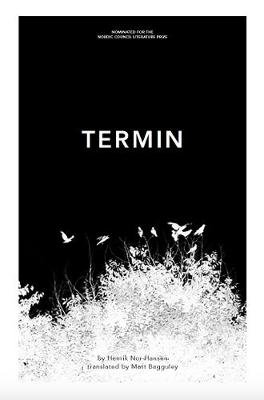
Termin by Henrik Nor-Hansen (tr. Matt Bagguley) is a particularly short, particularly sharp Norwegian novel from Nordisk Books. It tells the story of Kjetil Tuestad, who is severely assaulted in 1998. Over the following years, Kjetil struggles to deal with the psychological repercussions of this; his relationship falls apart, and there’s economic hardship in the background. What makes Termin especially powerful is that it’s written in the detached tone of a police report, and even the most innocuous or intimate event is treated with cold scepticism (“They supposedly gave each other a hug”). This technique drains all the warmth out of what happens, suggesting a loss of empathy in Kjetil’s life and more broadly across society.
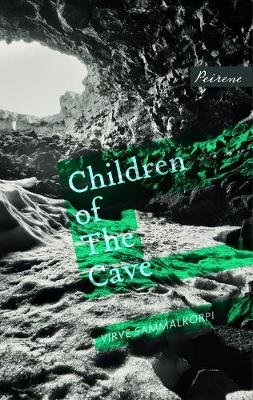
The theme for this year’s Peirene Press titles is “There Be Monsters”. The first one comes from Finland: Children of the Cave by Virve Sammalkorpi (tr. Emily and Fleur Jeremiah). It’s written as a recovered expedition diary from the 1820s; Iax Agolasky is research assistant on an expedition to north-west Russia. The party comes across a group of creatures that resemble human children with certain animal features. Differences of opinion arise over what this discovery might mean and what should be done. Children of the Cave explores what it means to be human, as both Agolasky (whose instinct is to protect the children) and those with other ideas start to seem more animalistic. I found this a thought-provoking piece of work.

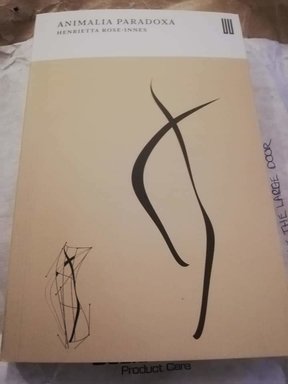


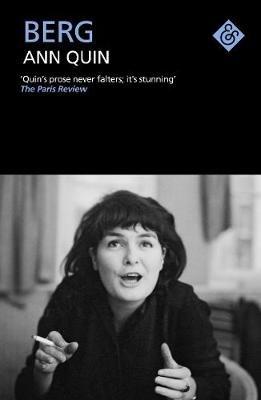
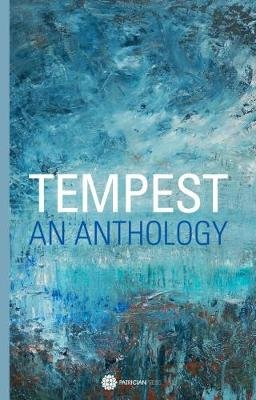
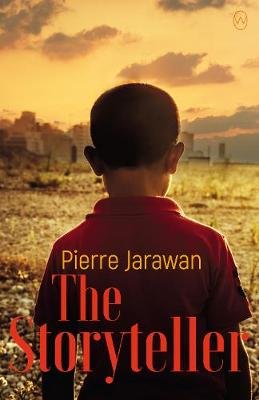
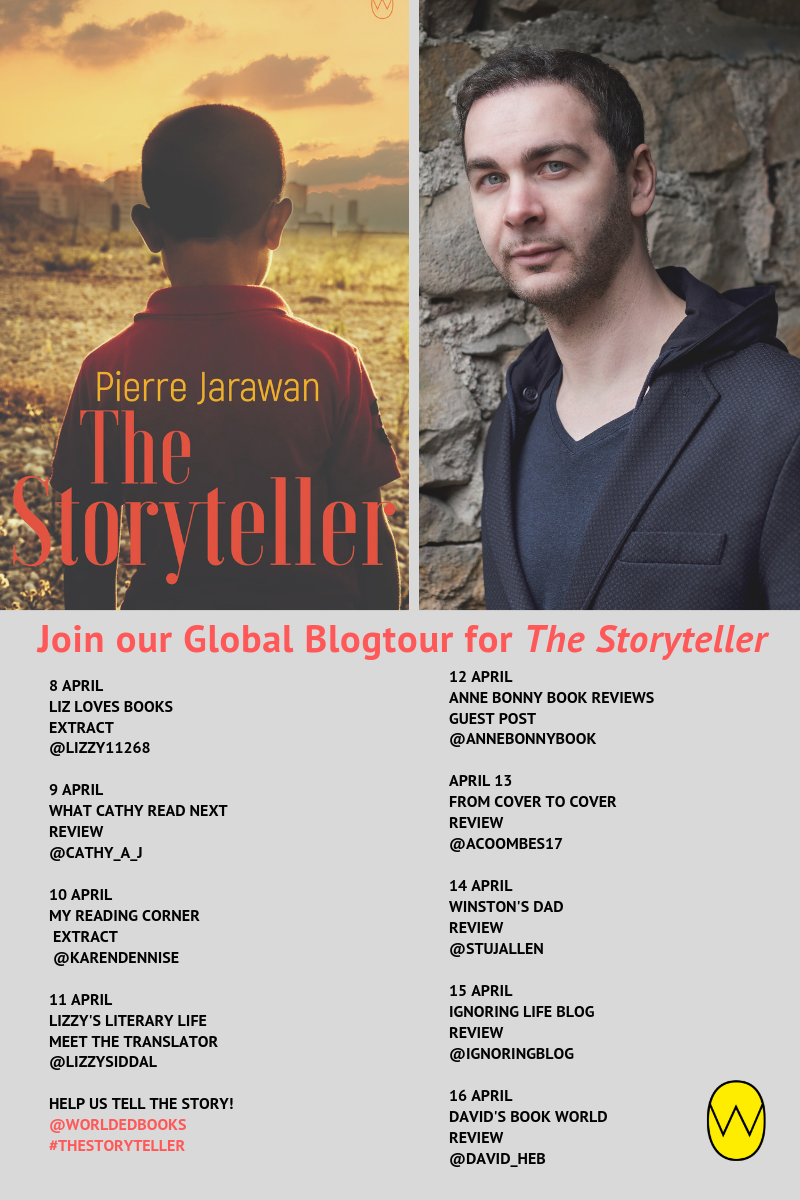
Recent Comments